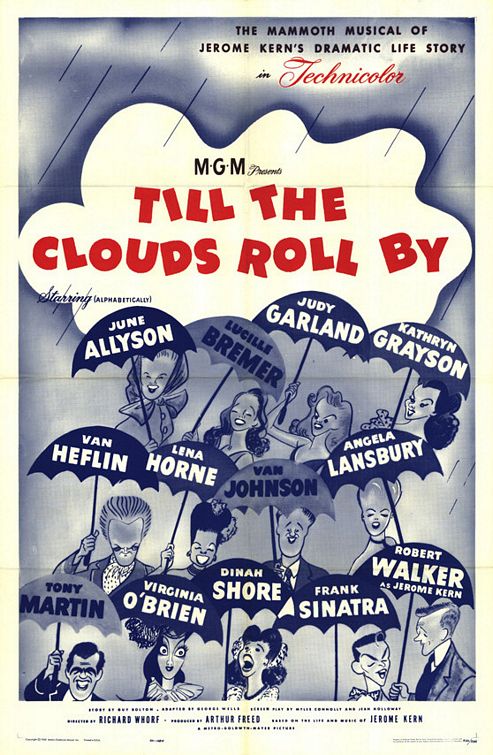Another day, another failure to finish a book to review. So you’re condemned to a personal update. Unless you choose to just surf on. Which might be the way of wisdom.
Today was another example of what I call “temporal stacking.” (Did I invent that term? Or did I borrow it in a moment of absentmindedness, which is what most of my moments are these days?) Today is one of those earmarked for specified chores – on Thursdays I pay my bills. And I take the garbage out.
But I also had to go to the doctor today. (Warning: old fart’s repulsive health talk ahead.) I noticed a spot on my nose that I thought my dermatologist (never thought I’d have a personal dermatologist, but all the cool kids are getting them nowadays) should look at. He, of course, was not available at the office that’s located a mere fifteen minutes away. He was at the office that’s a half hour away. So I drove out to Excelsior (we have a town called Excelsior. So there) and showed it to him. He said no, it was nothing. However, that other spot on my cheek over there looked sketchy. I then received the Deadly Touch of the Frost Giant, and was sent home clothed and in my right mind.
All this was capped (and pleasantly so) by a new batch of paying translation work. It won’t pay my mortgage off, but it’s work and I’m grateful. I’ve put in 2.5 hours on it so far; more is to come.
Meanwhile, I’ve been making slow progress on the new Erling novel. The work is like punching my way through a room full of oatmeal – I can move ahead, but it’s an effort. I’m on the cusp of what ought to be a pretty nifty supernatural scene, but it will probably have to wait for realization.




